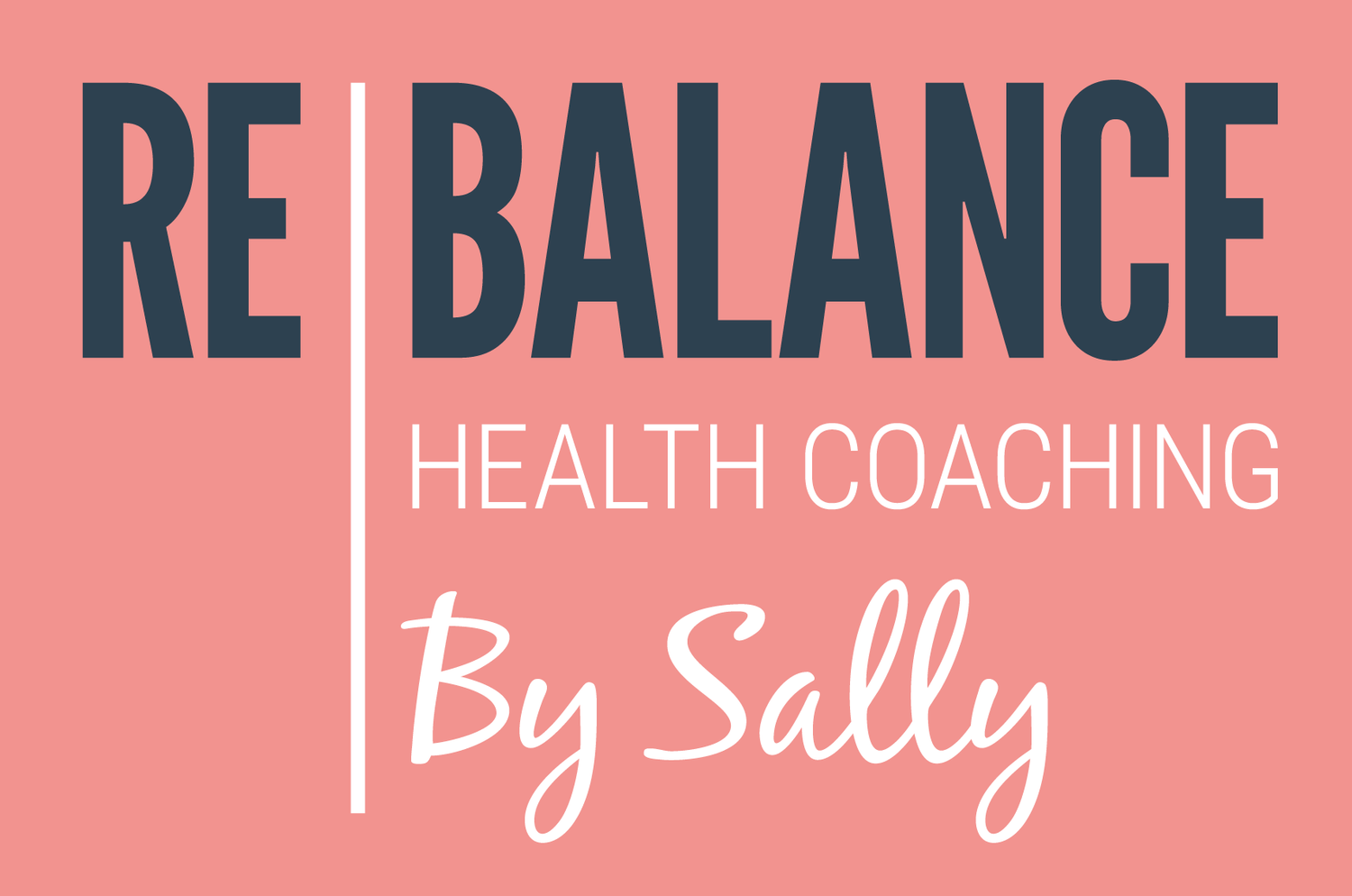Navigating Christmas During Menopause
Stress Management and Healthy Food Swaps
The festive season can be a wonderful time to connect with loved ones, but it can also bring challenges, especially if you're navigating menopause. Hormonal fluctuations, combined with the stress, indulgence, and expectations of Christmas, can amplify symptoms such as hot flushes, anxiety, and sleep disruption.
But fear not! With a few mindful strategies, you can enjoy the season while keeping your menopause symptoms in check.
1. Managing Festive Stress
Plan Ahead:
One of the biggest stress triggers is the last-minute rush. Try planning your menus, shopping, and social commitments well in advance. Lists can be your best friend – they help keep your mind uncluttered.
Delegate and Simplify:
You don’t have to do it all. Share responsibilities with family members and simplify traditions if they’ve become overwhelming. A ‘bring a dish’ Christmas dinner, for instance, eases the burden while keeping the festive spirit alive.
Prioritise Rest and Relaxation:
During menopause, your body might need more downtime. Balance social events with quiet moments just for you. A warm bath with calming essential oils like lavender can help you decompress. Alternatively, a gentle 10-minute yoga session can reset your mood.
Breathwork and Mindfulness:
Breathing exercises are excellent tools to reduce anxiety. If you feel overwhelmed, try this simple technique:
Inhale for a count of 4.
Hold for a count of 4.
Exhale for a count of 6.
Hold for a count of 4.
Repeat for a few minutes.
Say No (Without Guilt):
Protect your energy by declining invitations or requests that feel too much. Remember, self-care isn’t selfish; it’s essential.
2. Healthy Food Swaps for Christmas
Menopause can affect metabolism, blood sugar, and digestion, making it harder to handle rich and sugary foods. These healthy swaps allow you to enjoy festive flavours while supporting your health and well-being.
1. Swap Traditional Roast Potatoes for Sweet Potatoes
Sweet potatoes have a lower glycaemic index (GI) and are packed with fibre and vitamins. Roast them with a sprinkle of cinnamon and a drizzle of olive oil for a festive twist.
2. Replace Creamy Dips with Hummus or Greek Yoghurt-Based Dips
Instead of high-fat creamy dips, opt for hummus or tzatziki. These options are rich in protein and can support your hormone balance. Serve with veggie sticks for added fibre.
3. Choose Turkey Over Red Meat
Turkey is lean, high in protein, and contains tryptophan, an amino acid that helps with sleep and mood. This makes it a perfect centrepiece for a menopause-friendly Christmas dinner. Combine with plenty of veg for the fibre to keep you feeling full for longer and vitamins and minerals to support overall health.
4. Swap Alcoholic Cocktails for Festive Mocktails
Alcohol can worsen hot flushes and disrupt sleep. Opt for sparkling water with a splash of cranberry juice, a squeeze of lime, and a few frozen berries for a refreshing festive drink. If you do drink alcohol, stay hydrated by alternating with water.
Try our Festive Mocktail Recipes
5. Opt for Dark Chocolate Over Milk Chocolate
Craving something sweet? Dark chocolate (70% cocoa or higher) contains less sugar and is rich in antioxidants, magnesium and iron, which can support heart health, blood pressure, brain function and lift mood. Pair a few squares with a handful of nuts for a balanced treat.
6. Try Wholegrain Mince Pies
Traditional mince pies are laden with refined flour and sugar. Look for or bake versions with wholemeal pastry and reduce the sugar in the filling. Serve warm with Greek yoghurt instead of cream.
7. Instead of sweets try festive protein snowballs
Try our snowball recipe for sweet treats with a festive feel. Packed with protein to help stabilise blood sugar levels and using dates as a good alternative to refined sugar.
3. Coping with Hot Flushes During Festivities
Hot flushes can strike at the most inconvenient times, especially when you're cooking or socialising. To manage them:
Layer Your Clothing: Choose breathable fabrics like cotton or linen and wear layers you can easily remove.
Stay Cool: Keep a handheld fan nearby or step outside for fresh air if you feel a flush coming on and stay hydrated.
Mind Your Drinks: Spicy foods, alcohol, and caffeine can be triggers, so consume them mindfully.
4. Supporting Your Sleep
A disrupted sleep pattern is common during menopause and can be worsened by late nights and rich foods.
Stick to a Routine: Try to go to bed and wake up at the same time, even during the holidays.
Wind Down: Limit screen time an hour before bed, and try a calming bedtime tea with chamomile or valerian root.
Snack Smart: Avoid heavy meals before bed. If you’re peckish, a small banana or a handful of almonds can help promote sleep.
5. Mindful Movement
Exercise helps manage menopause symptoms, reduce stress, and boost mood. During the festive season, try:
A Morning Walk: Start your day with a brisk walk to clear your mind and support your metabolism.
Gentle Stretching: A 10-minute evening stretch can alleviate tension and aid better sleep.
Dance and Have Fun: Pop on some festive music and dance around the kitchen – movement doesn’t have to be formal!
Embrace a Balanced Christmas
Remember, Christmas doesn’t have to be perfect to be enjoyable. By managing your stress, making a few healthy swaps, and listening to your body, you can navigate the festive season with more comfort and joy.
Here's to a mindful, balanced, and happy Christmas!
Are you ready to support your menopause journey beyond the festive season? Get in touch for personalised nutrition and lifestyle support to thrive during menopause.





